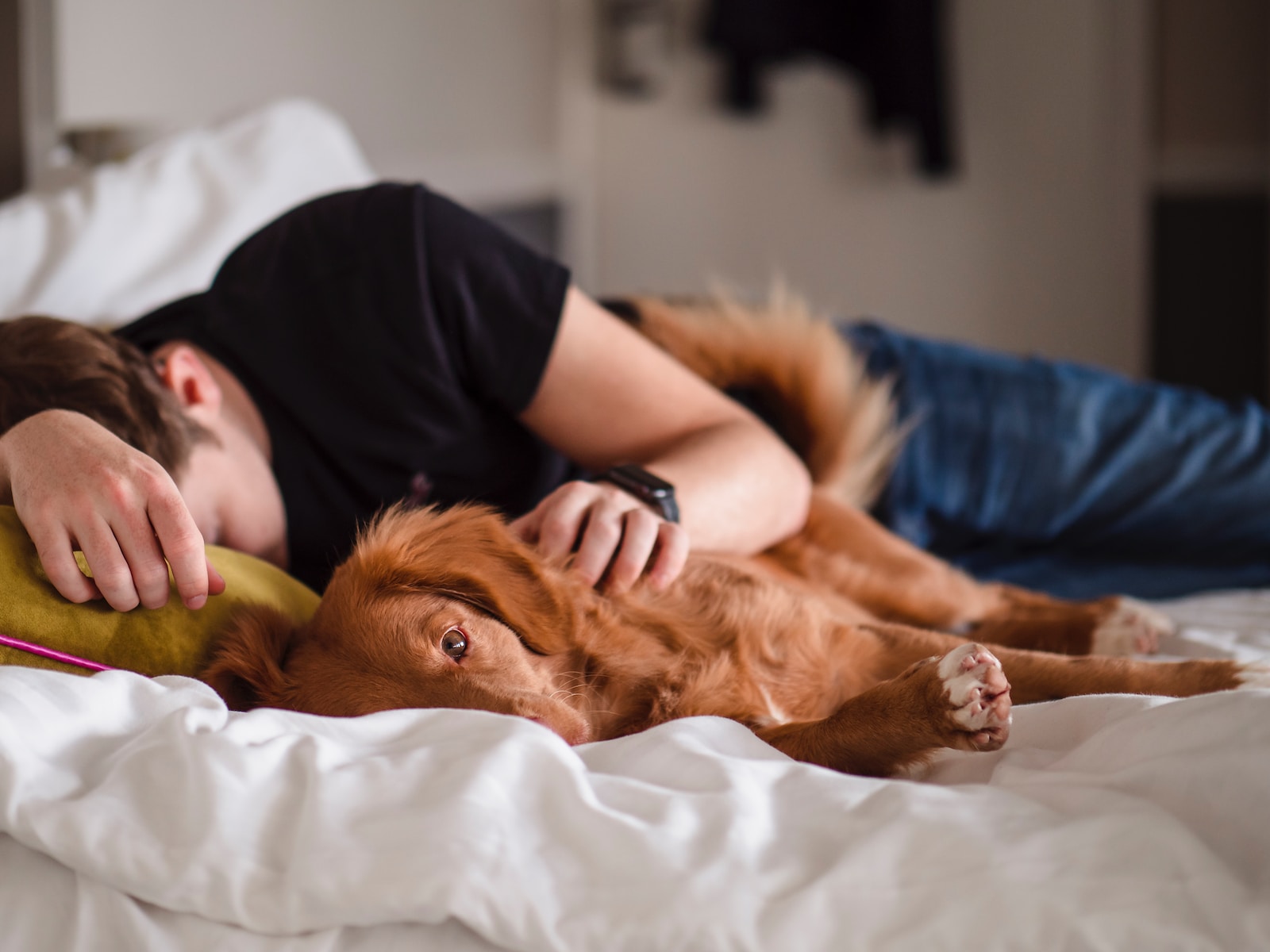If you want to sleep well, you should take this into account

April 22, 2023
Getting a good night’s sleep is crucial for health and well-being. However, we often face problems falling asleep and maintaining a deep and restful sleep. Technology can be a useful tool to improve our sleep habits if it is used appropriately.
Here are some tech tips to improve your sleep habits
-
Use sleep-tracking apps
There are a variety of apps that can help you track the quality of your sleep and provide you with valuable information about your sleep patterns. Some of these apps can also give you personalized recommendations to improve your sleep habits.
-
Use the “Night Mode” feature on your electronic devices
Many electronic devices, such as smartphones and tablets, have a “Night Mode” feature that reduces the amount of blue light emitted from the screen. This can help reduce eye fatigue and promote relaxation before bedtime.
Light plays an important role in the timing of sleep and the quality of sleep. There are several reasons for this, but the main one is melatonin, the sleep hormone that tells the body it’s time to rest. There is still a problem. If you are exposed to a lot of artificial light and a lot of short wavelengths (the cool blue light emitted by screens), melatonin may not be doing its job properly.
Some people think that light from screens is not a problem. The truth is that many devices now have built-in settings that make screen colors warmer at night.
-
Avoid using electronic devices before bedtime
Although the “Night Mode” feature can be helpful, it is better to avoid using electronic devices altogether before bedtime. The blue light emitted by screens can interfere with the production of melatonin, a hormone that regulates sleep.
-
Use headphones to listen to relaxing music
If you have trouble falling asleep, you can try listening to soothing music to help you relax. Using headphones will help you block out external sounds and immerse yourself in the music.
-
Use a humidifier
Adequate humidity in the air can improve sleep quality. A humidifier can maintain an adequate level of humidity in the bedroom and reduce dryness in the throat and nose, which can interfere with sleep.
-
Maintain an appropriate temperature in your bedroom
The ideal sleeping temperature is around 18 degrees Celsius. Keep your bedroom at a cool, comfortable temperature for a good night’s sleep.
7. Turning off notifications
If notifications disturb your sleep, turn them off. If that seems too radical, at least adjust the Do Not Disturb settings.
iPhones now have Focus, a more customizable Do Not Disturb mode. The feature has a feature called Drive Status that lets you schedule when you won’t receive notifications. More importantly, choose which apps and people can text and call you, great if you’re worried about missing an urgent call. a friend or family member.
A nice feature of Sleep Focus is that you can also set up small alerts to let people who text you know that Focus is on.
8. Set roll limits
Light is just one factor that controls sleep better. If you’re too engrossed in a TV show or Twitter chat, you’ll still be late. Set your snooze alarm, just like in the morning. When the alarm goes off, the screen turns off and then you can fall asleep. This works for some people, but others need more extreme measures.
Most smartphones have settings that allow you to set restrictions on certain apps. For example, you can watch TikTok for only 10 minutes on weekdays. These limits are set in seconds and are worth it. Start by choosing the app that you think consumes the most time at night.
How to use technology to sleep?
The hustle and bustle of everyday life, constant exposure to technological equipment, stress, whether at work or in your personal life, and even your state of health are some of the factors that have a daily impact on the quality of sleep you get and, consequently, on your ability to rest. This is where the question arises.
Can technology help to improve this?
According to Sonia Vanegas, training manager at Samsung Colombia, the gap of things that cannot be done or made easier in daily life is closing more and more, thanks to technological developments, especially sensors that allow us to know how everything is going and make decisions to change it.
“Today people can know things that were not so easy before, such as heart rate, how many steps they take in a day, calories burned, and even how they breathe. In the case of sleep, today some applications become allies that take all these elements and generate reports that people use to improve”
explained this expert.
Thanks to technology, people can keep a record of the time they go to bed, whether they have a light or heavy sleep, the amount of time they sleep, their heart rate, the behavior of their blood, and the food they eat before going to bed or if they take naps during the day, which can be used to analyze if there are behaviors that affect them.
“At this point, people aim to have correct sleep hygiene, that is, to generate a routine that allows them to rest. An example could be given with our latest update of Smartwatch 4, which generates some patterns, which are framed in some animal ranges, and based on that, people receive a guide on what to improve”
added Vanegas.
According to the Training Manager of Samsung Colombia, many devices today are linked to each other (cell phones and smart watches) so that people can know if they snore and how much they do. This is to determine, for example, if it is necessary to see a specialist.
“These systems give tips such as using a specific type of music, using mobile devices until a certain time, and checking caffeine consumption. In the case of snoring, the cell phone is left next to the bedside table and scales are created that can be divinely interpreted by a doctor or someone who knows about the subject”
said Sonia Vanegas.
Finally, this expert said that although for a long time, there has been a gap between technology and good sleep, today’s developments allow this gap to be reduced and people to rest, know their habits, keep a record, and improve all those that require it.








